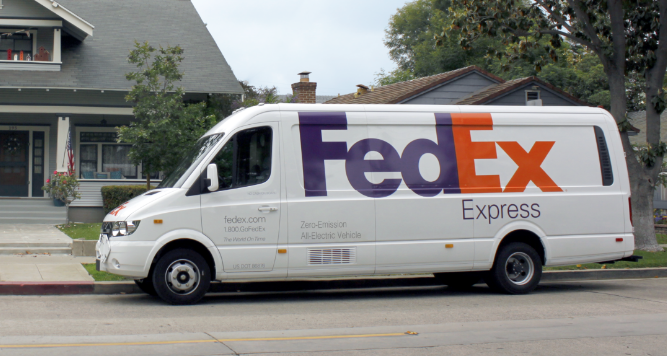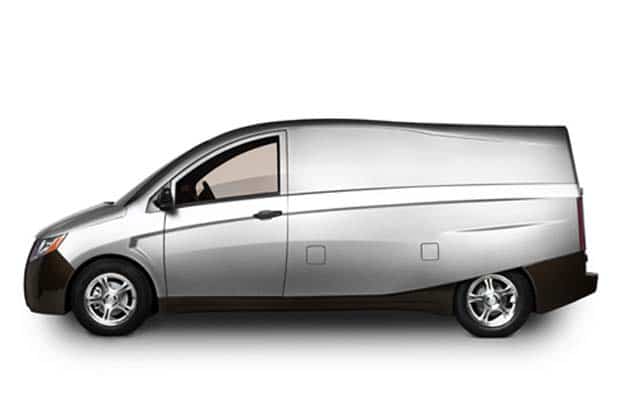Hundreds of Electric Delivery Trucks Today, Millions Tomorrow
Delivery trucks are increasingly hybrids that sip diesel and gasoline instead of gulping. Thousands of trucks are now all-electric. 4.5 million vehicles in the U.S. are short-haul delivery vehicles. Although it would be impractical to get a big long-haul truck across the nation on electricity, it can be practical to charge 100 short-haul delivery trucks at the warehouse where they load.



